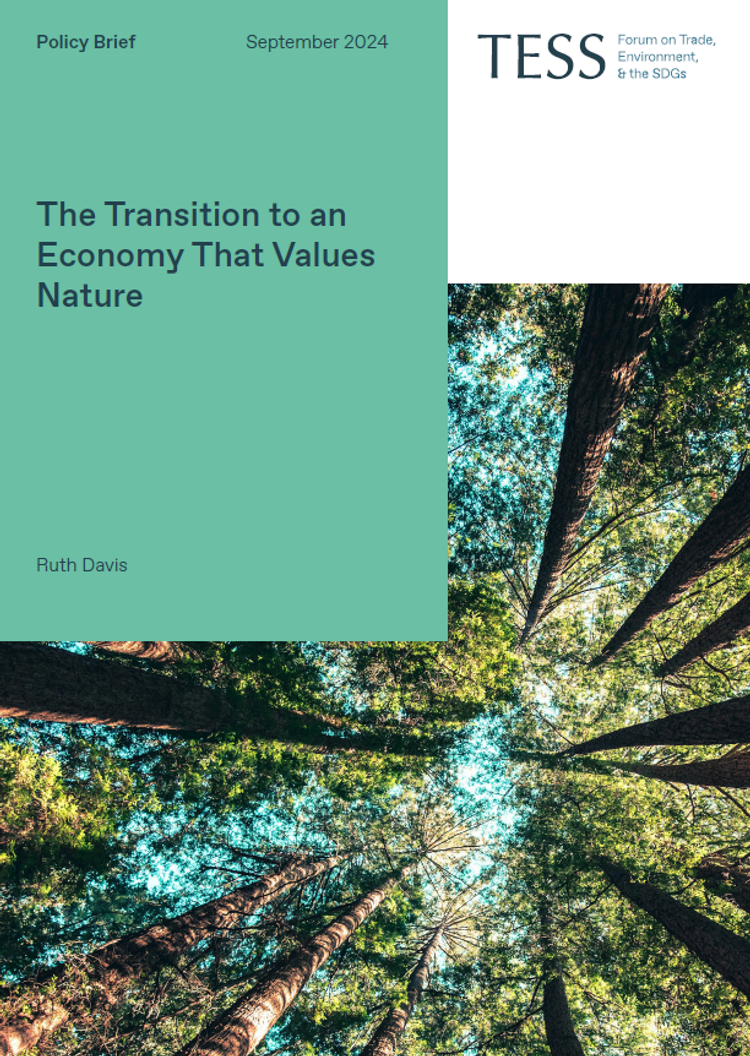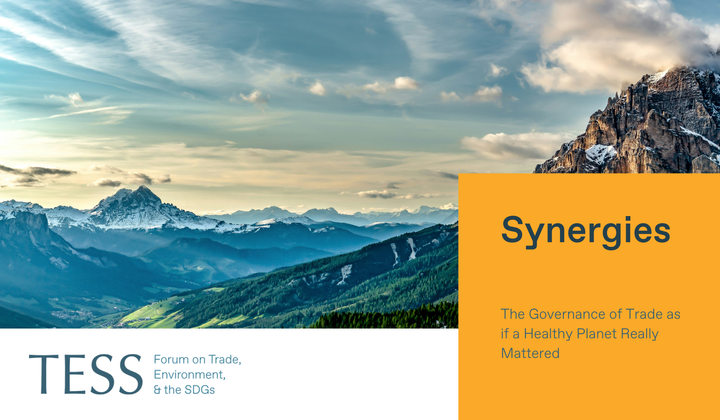Healthy ecosystems and thriving biodiversity underpin the stability of the global economy, but their value is not reflected in investment decisions due to sustained market failure. Fundamental reforms are needed to tilt financial incentives away from nature’s destruction towards its protection and restoration.
These reforms are increasingly well understood and are being adopted by some governments and institutions, but more effort is needed to champion them in boardrooms and finance ministries; both to ensure that climate-related reforms reflect the importance of nature and to secure new mechanisms to manage nature-specific risks. Despite our growing understanding of the value of nature, incentives that drive its destruction are built deep into our economies and financial systems.
This policy brief examines options for reforming financial systems to protect and restore nature. It discusses how to build a positive alternative to unlock new resources and create incentives that sustain and grow direct nature finance. It then explores nature-specific solutions and a pathway to change beyond the markets. The paper concludes by discussing the need for a new diplomacy where the future landscape for nature financing is shaped by those on the front line of nature protection so that they can benefit from sustainable and equitable development.
Ruth Davis OBE is a strategic consultant to philanthropy and civil society on nature, food, and climate policy, and was formerly advisor on these issues to the UK's COP26 Presidency.
-----
Recommended citation: Davis, R. (2024). The transition to an economy that values nature. Forum on Trade, Environment, & the SDGs (TESS).




